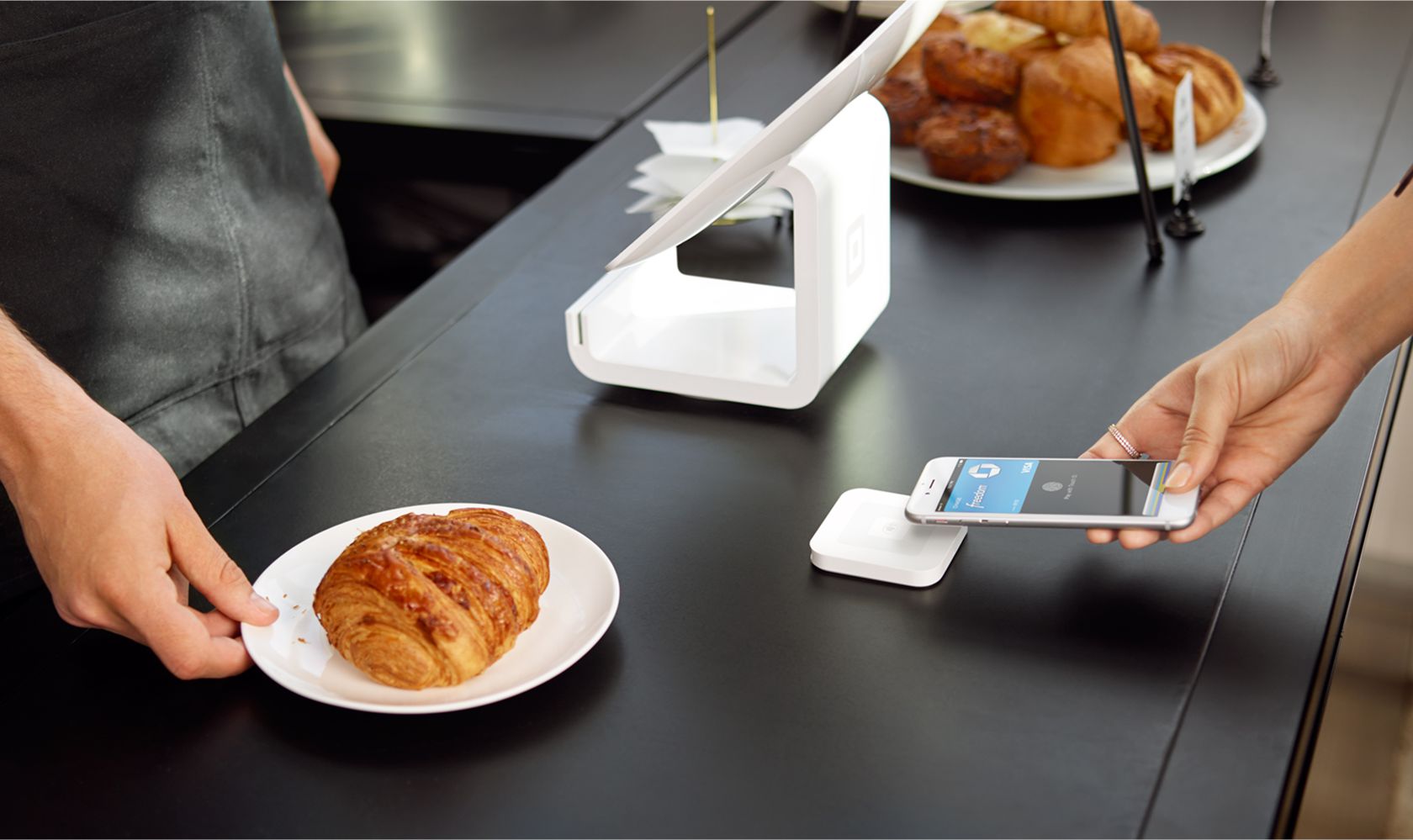Uses of Money: The Banking Revolution in Recent Years
In recent times, how people bank and use money has changed drastically. This is largely due to the rise of the internet and technology, which has made what was previously the norm almost obsolete, and it will be interesting to see what changes we will see in the coming years.
Online Banking
The biggest and most obvious change is the introduction of online banking. Banks have always been vital as somewhere to keep money safe and obtain loans, use money, seek financial advice, etc.
Not too long ago, a customer would have to visit their local branch to handle their account. Still, nowadays, it can be done practically anywhere thanks to online banking and using apps on smartphones to manage finances, including peer-to-peer payments, organizing direct debits, etc. It can be quick and easy to set up an online account with banks like Think Money, where you can then control every aspect of your account online.
Cards
Bank cards have also become the primary way to pay for goods and services, with cash forecasting quickly becoming almost obsolete. This has been a very recent development due to the rise of contactless payment, making it incredibly quick and easy to make purchases up to £30 without having to sign or enter your PIN.
It is rare for people to carry cash now, which has meant that businesses in all industries need to accept cards. In fact, many charities and local councils are trialing contactless card readers for homeless people so that people can easily make donations.
Uses of Money: Cheques
In today’s digital age, cheques have become almost prehistoric and tend only to be used by the older and small businesses. There have been calls to phase them out, but instead, it seems that there may be an alternative on the horizon in the form of cheque imaging.
This will involve taking a photo of a cheque on a smartphone, then sent to the bank, where the payment will be processed. In addition to not having to visit the local branch to deposit the cheque, this can also speed up clearing to a maximum of two working days.
Mobile Payments
With the rise of online banking, it was online a matter of time before mobile payments became possible. Various services enable you to store bank details on your phone, which can then be scanned at certain point-of-sale (POS) terminals so that you only have to carry your smartphone with you. The rise of the internet and impressive technological advances have revolutionized the banking industry in recent times.
It is now easier than ever to manage your finances no matter where you are in the world, plus there have been new ways of making payments being introduced, which have eliminated the need to carry cash. The future certainly looks bright for the banking industry, and it is exciting to see what new technologies are on the horizon.




















